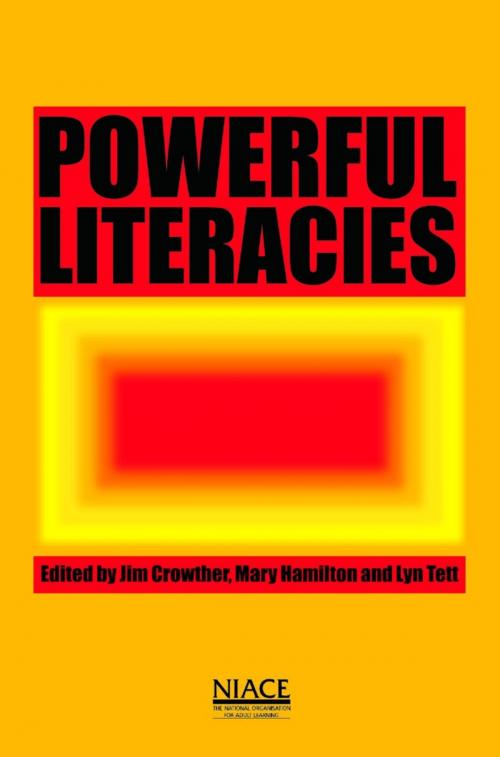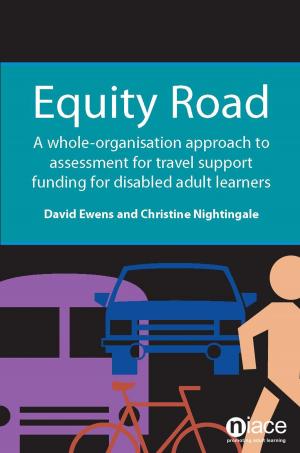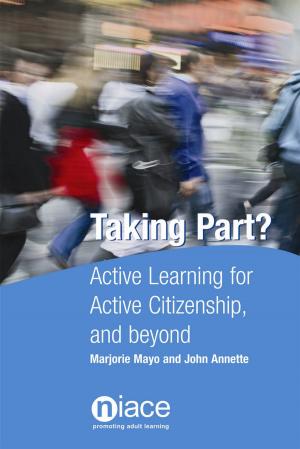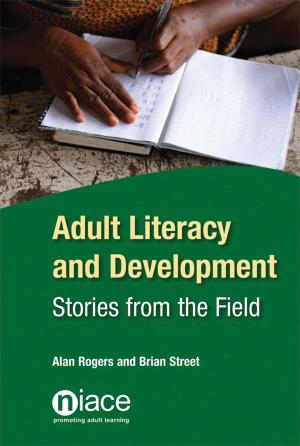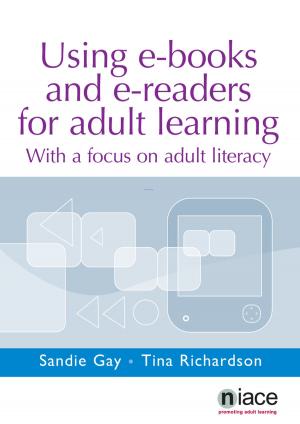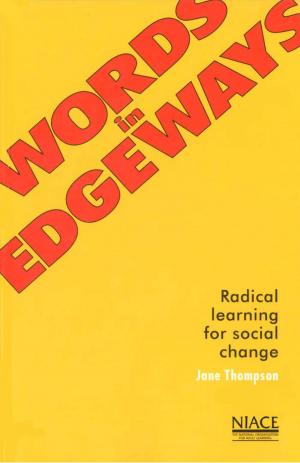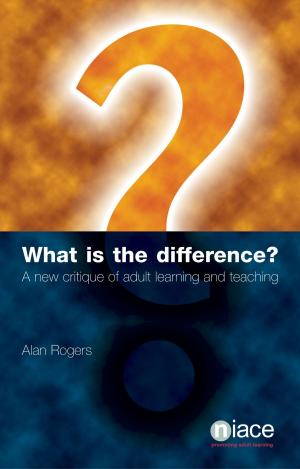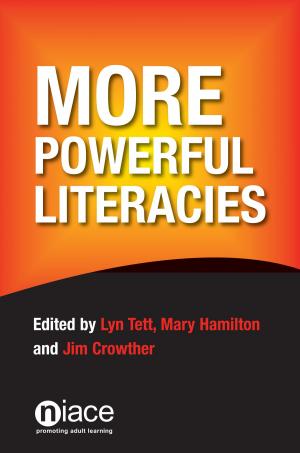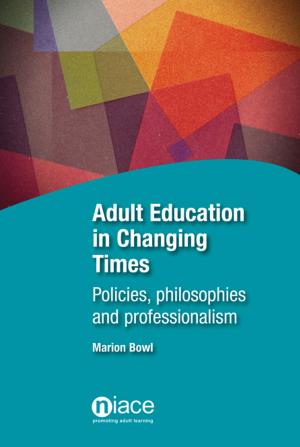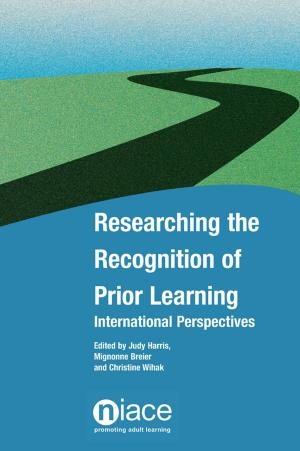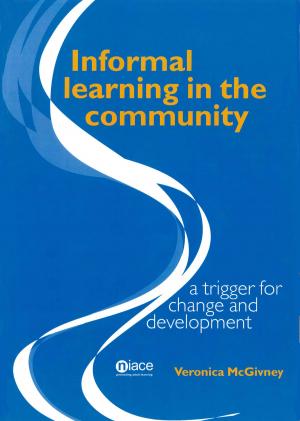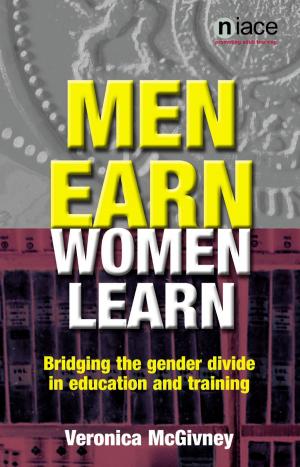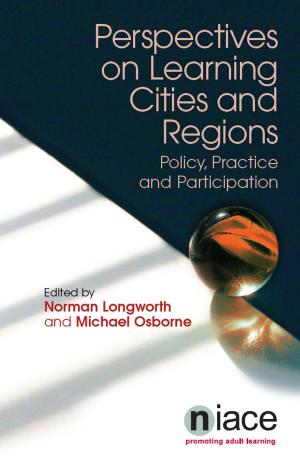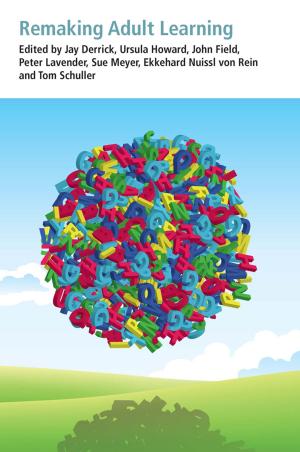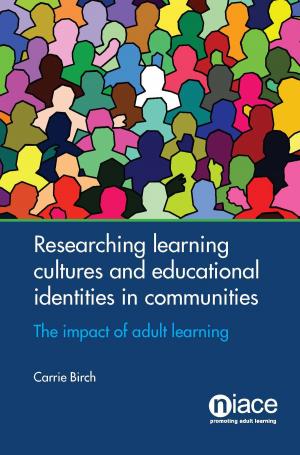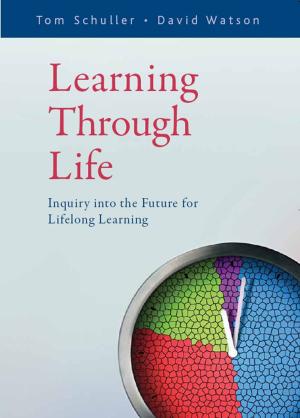Powerful Literacies
Nonfiction, Reference & Language, Language Arts, Literacy, Education & Teaching, Educational Theory, Philosophy & Social Aspects| Author: | Jim Crowther, Mary Hamilton, Lyn Tett | ISBN: | 9781862015944 |
| Publisher: | National Institute of Adult Continuing Education (NIACE) | Publication: | November 30, 2001 |
| Imprint: | National Institute of Adult Continuing Education | Language: | English |
| Author: | Jim Crowther, Mary Hamilton, Lyn Tett |
| ISBN: | 9781862015944 |
| Publisher: | National Institute of Adult Continuing Education (NIACE) |
| Publication: | November 30, 2001 |
| Imprint: | National Institute of Adult Continuing Education |
| Language: | English |
As the gap increases between those with access to information and those denied it, redistributing information and making it accessible become ever more important educational and political tasks. While some people now have greater access to a wide range of information, they do not necessarily have the basis for making critical judgements about its significance and value.
Literacy has been, and can be, a significant means of social change. By ‘powerful literacies’, the contributors mean the interventions and practices which attempt to enhance the autonomy and control of powerless learners and their communities over their environment.
This book includes issues raised by and for learners, teachers and researchers from the outcomes of literacy programmes in Britain and internationally. The book addresses the twin themes of power and literacies. It approaches power in a variety of ways – sharing power between teachers and students; accessing power through using and understanding new technologies; learning as a powerful agent of change. Literacy is approached as a complex social practice, and a range of literacies is explored, such as literacy as a communal resource and as reflexive practice.
The advance of literacy to the forefront of an agenda of social inclusion, participation and active citizenship has inspired a technical literature aimed at practitioners. This book seeks to interrogate the ideas, assumptions and policies that inform literacy practice. The authors reflect a diversity of contexts, political positions and interests, but share a common theme of seeking to promote literacy as a powerful tool for challenging existing inequalities and dependencies.
As the gap increases between those with access to information and those denied it, redistributing information and making it accessible become ever more important educational and political tasks. While some people now have greater access to a wide range of information, they do not necessarily have the basis for making critical judgements about its significance and value.
Literacy has been, and can be, a significant means of social change. By ‘powerful literacies’, the contributors mean the interventions and practices which attempt to enhance the autonomy and control of powerless learners and their communities over their environment.
This book includes issues raised by and for learners, teachers and researchers from the outcomes of literacy programmes in Britain and internationally. The book addresses the twin themes of power and literacies. It approaches power in a variety of ways – sharing power between teachers and students; accessing power through using and understanding new technologies; learning as a powerful agent of change. Literacy is approached as a complex social practice, and a range of literacies is explored, such as literacy as a communal resource and as reflexive practice.
The advance of literacy to the forefront of an agenda of social inclusion, participation and active citizenship has inspired a technical literature aimed at practitioners. This book seeks to interrogate the ideas, assumptions and policies that inform literacy practice. The authors reflect a diversity of contexts, political positions and interests, but share a common theme of seeking to promote literacy as a powerful tool for challenging existing inequalities and dependencies.
